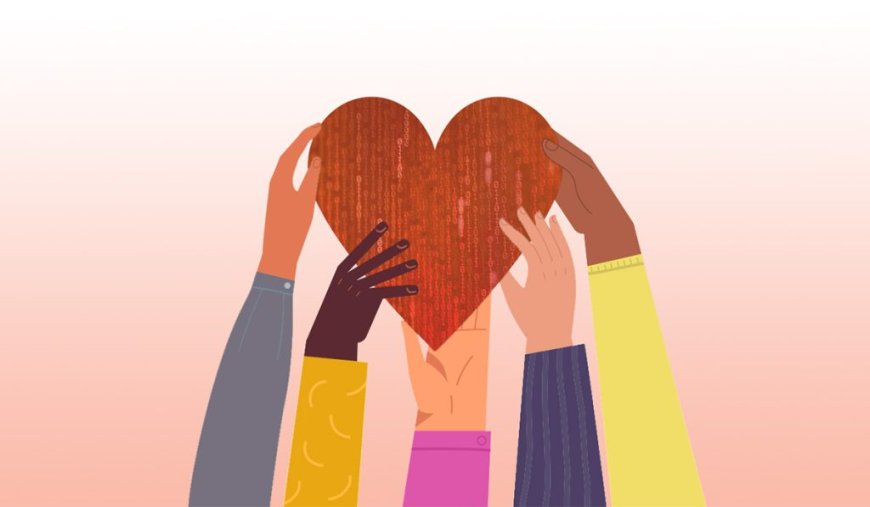The Art of Forgiveness: How to Let Go of Resentment
Forgiveness possesses immense power and has the ability to bring about profound transformation within individuals. It enables the release of resentment, promotes emotional healing, and fosters a sense of inner tranquility. This article will delve into the art of forgiveness, offering practical advice on how to relinquish resentment.

Forgiveness is a powerful and transformative practice that allows individuals to let go of resentment, heal emotional wounds, and create space for personal growth. Holding onto grudges and resentment can have detrimental effects on our mental and physical well-being. We will explore the art of forgiveness and provide practical steps to help you let go of resentment and embrace a more peaceful and fulfilling life.
Understanding the Nature of Resentment
Resentment is a complex emotion that arises when we feel wronged or betrayed. It often stems from unresolved conflicts or perceived injustices. Understanding the nature of resentment can help us recognize its impact on our lives and motivate us to seek forgiveness.
Recognizing the Benefits of Forgiveness
Forgiveness offers numerous benefits for our well-being. It releases us from the burden of anger and resentment, promotes emotional healing, improves relationships, and reduces stress and anxiety. By acknowledging the benefits of forgiveness, we can cultivate the motivation to embark on the journey of letting go.
Cultivating Empathy and Compassion

Empathy and compassion play a crucial role in the forgiveness process. By putting ourselves in the shoes of the person who hurt us, we can develop a deeper understanding of their motivations and struggles. Cultivating empathy and compassion helps foster forgiveness by humanizing the other person and recognizing their fallibility.
Practicing Self-Reflection and Acceptance
Self-reflection is an essential step in the forgiveness process. By examining our own emotions, vulnerabilities, and triggers, we can gain insights into why certain situations have caused us pain. Accepting our own imperfections and vulnerabilities also allows us to extend that same acceptance to others, making forgiveness a more attainable goal.
Setting Boundaries and Protecting Yourself

Forgiveness does not mean condoning or excusing hurtful behavior. Setting healthy boundaries is crucial for self-protection and maintaining healthy relationships. By establishing clear boundaries, we can prevent future harm while still engaging in the forgiveness process.
Engaging in Effective Communication

Effective communication is essential for healing and resolving conflicts. Expressing our feelings and needs to the person who hurt us can foster understanding and provide an opportunity for reconciliation. However, it's important to approach these conversations with empathy, openness, and a willingness to listen.
In conclusion, the art of forgiveness is a transformative practice that allows us to let go of resentment, heal emotional wounds, and cultivate personal growth. By understanding the nature of resentment, recognizing the benefits of forgiveness, cultivating empathy and compassion, practicing self-reflection and acceptance, setting boundaries, and engaging in effective communication, we can embark on a journey toward forgiveness and experience the profound liberation it offers. Embracing forgiveness is not always easy, but its rewards are immeasurable, leading to greater inner peace, healthier relationships, and more fulfilling life.
What's Your Reaction?


































































































